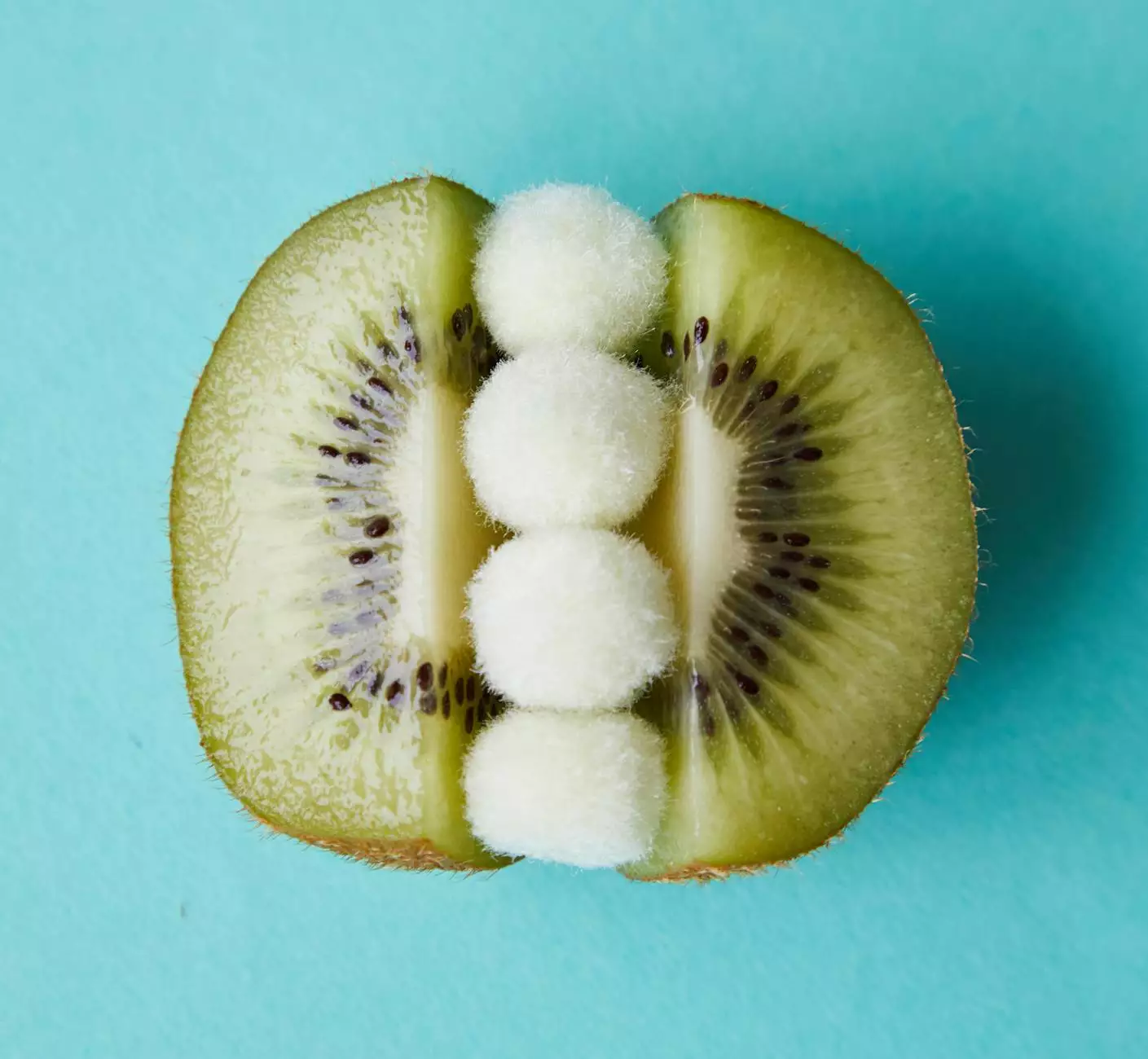Is Vitamin D Deficiency Behind Your Hair Loss?

When it comes to hair loss, many factors can contribute to this common problem. One possible culprit that often goes unnoticed is vitamin D deficiency. This essential nutrient plays a crucial role in various bodily functions, including hair growth and maintenance.
The Role of Vitamin D in Hair Health
Vitamin D is not just important for bone health; it also plays a significant role in promoting healthy hair growth. It aids in stimulating hair follicles, which are responsible for producing new hair. Without adequate levels of vitamin D, hair follicles may become dormant, leading to hair thinning or even hair loss.
How Does Vitamin D Deficiency Affect Hair Loss?
Vitamin D deficiency can impact hair growth in several ways. Firstly, it disrupts the normal hair growth cycle and can potentially cause hair follicles to enter a dormant phase prematurely. This can contribute to hair thinning and increased shedding.
Secondly, vitamin D deficiency may lead to a condition called alopecia areata, which is an autoimmune disorder that causes hair loss in patches. Research suggests that maintaining optimal vitamin D levels can help regulate the immune system and mitigate the risk of this condition.
Furthermore, vitamin D deficiency has been linked to telogen effluvium, another type of hair loss characterized by excessive shedding. In this condition, hair follicles prematurely enter the telogen (resting) phase, causing noticeable hair loss.
How to Determine if You Have Vitamin D Deficiency
If you are experiencing hair loss and suspect that vitamin D deficiency might be the cause, it is essential to consult with a qualified medical professional, such as Smith, Arthur F, MD. They can perform a thorough evaluation and conduct blood tests to determine your vitamin D levels.
Common symptoms of vitamin D deficiency include fatigue, muscle weakness, bone pain, and frequent illness. However, it's important to note that these symptoms are nonspecific and can be indicative of other health issues as well.
Addressing Vitamin D Deficiency for Hair Growth
If you are diagnosed with vitamin D deficiency, there are several steps you can take to address the issue and potentially stimulate hair growth. The primary approach involves increasing your vitamin D intake through a combination of supplementation and dietary changes.
Supplementation: Your doctor may prescribe vitamin D supplements to help restore optimal levels in your body. It is crucial to follow their recommended dosage for safe and effective results.
Dietary Changes: Consuming foods rich in vitamin D can also support hair growth. Include sources such as fatty fish (salmon, mackerel), fortified dairy products, egg yolks, and mushrooms in your diet. Additionally, spending time in natural sunlight can help your body produce vitamin D.
Consulting with a Medical Professional
While understanding the potential link between vitamin D deficiency and hair loss is crucial, it is always best to seek professional medical advice. Smith, Arthur F, MD specializes in providing comprehensive hair loss evaluations and can guide you through personalized treatment options.
Remember, successful hair loss management involves addressing both underlying causes and implementing targeted solutions. By working closely with a trusted expert like Smith, Arthur F, MD, you can regain control of your hair health and restore confidence in your appearance.
Conclusion
Vitamin D deficiency can indeed contribute to hair loss, as this essential nutrient plays a vital role in hair follicle health and hair growth. If you are experiencing hair loss or suspect vitamin D deficiency, consult with a qualified medical professional like Smith, Arthur F, MD, to determine the best course of action for your specific needs.
Remember, taking care of your overall health, including maintaining adequate levels of essential nutrients like vitamin D, is key to promoting hair growth and minimizing hair loss.




